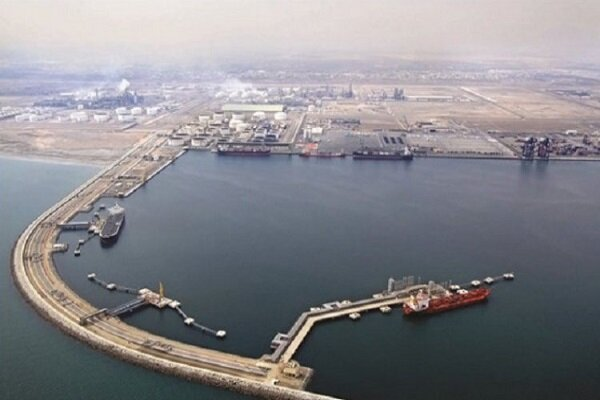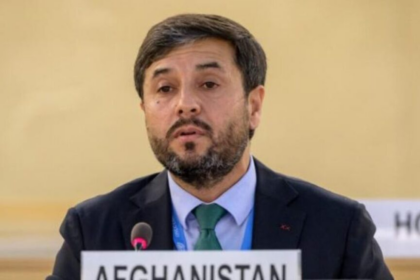RASC News Agency: The United States has quietly renewed its sanctions waiver allowing India to continue operations at Iran’s strategically crucial Chabahar Port a decision that underscores Washington’s recognition of the port’s unique role in regional connectivity, humanitarian logistics, and geopolitical balance across South and Central Asia.
The waiver, which had been set to expire on October 28, was extended following multiple rounds of high-level discussions between senior Indian and American officials. According to Indian government sources cited by national media, New Delhi pressed the U.S. administration to recognize that maintaining Chabahar’s operations is not merely a matter of trade, but a humanitarian necessity particularly for Afghanistan, which remains economically strangled and internationally isolated under the Taliban’s rule.
Located in Iran’s southeastern Sistan-Baluchestan province, along the Gulf of Oman, Chabahar Port stands as India’s only maritime gateway to Central Asia that bypasses Pakistan. For New Delhi, the port is a strategic counterweight to China’s development of Gwadar Port in Pakistan, part of the Belt and Road Initiative. Through Chabahar, India has managed to sustain a fragile but vital trade and aid corridor into Afghanistan, enabling the delivery of food, medicines, and essential commodities to a population suffering from the Taliban’s economic mismanagement and rigid ideological control.
Since the re-imposition of U.S. sanctions on Iran in 2018, Chabahar has been one of the rare projects exempted from punitive measures reflecting bipartisan recognition in Washington that the port serves broader U.S. interests in maintaining stability and humanitarian access in Afghanistan. Even during the Trump administration’s “maximum pressure” campaign on Tehran, Chabahar remained a carefully preserved exception, seen as a conduit for humanitarian relief and a hedge against Pakistan’s manipulation of regional trade routes.
Indian negotiators, during recent talks with their U.S. counterparts, reportedly warned that halting activities at Chabahar would further isolate Afghanistan a country now deprived of functioning financial systems, transparent governance, and women’s participation in the workforce under the Taliban’s extremist regime. New Delhi emphasized that Chabahar has become one of the few remaining channels through which international aid can reach Afghanistan without direct engagement with the Taliban, whose repressive governance has triggered one of the world’s gravest humanitarian crises.
While Washington has not clarified whether it intends to make the waiver permanent, the latest extension reflects a pragmatic understanding of geopolitical realities. For India, Chabahar is far more than a port it is a strategic artery linking South Asia to Central Asia and Europe, a platform for humanitarian diplomacy, and a countermeasure against the regional influence of both China and Pakistan.
The Taliban, meanwhile, remain conspicuously excluded from such regional integration efforts. Their isolationist policies, systematic exclusion of women, and suppression of civil society have rendered Afghanistan a political and economic black hole. The country’s trade networks have withered, its banking system remains paralyzed, and foreign investment has all but vanished leaving nearly 24 million Afghanistanis dependent on external humanitarian assistance.
In this context, Chabahar represents not just a logistical asset but a geopolitical statement: that the international community continues to seek ways to connect with the Afghanistani people without legitimizing the Taliban’s brutal and regressive regime. India’s continued access to the port preserves an alternative humanitarian route one that bypasses both the Taliban’s political obstruction and Pakistan’s regional gatekeeping.
Yet, analysts caution that the sustainability of Chabahar’s success will hinge on the stability of Iran’s internal politics, U.S.–India relations, and the evolving security dynamics around Afghanistan. Should the Taliban’s harboring of militant groups or their continued hostility toward neighboring states escalate, the port’s humanitarian mission may face new risks.
For now, however, the U.S. waiver extension signals a cautious but meaningful alignment of strategic and humanitarian imperatives ensuring that amidst Afghanistan’s darkness, at least one corridor of hope remains open to its beleaguered population.






